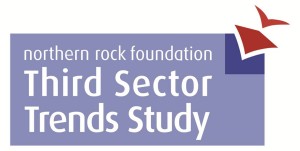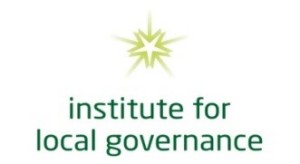
Who cares for the carers? Tackling the challenges facing carers in Northern England in an environment of deepening austerity: A seminar organised by the Institute for Local Governance. Middlesbrough Football Club, Riverside Stadium, Friday 27th November 2015, 9.30 – 1.00
The challenges facing carers almost always come second place, economically, politically and emotionally to those in need of care. This seminar aims closely to examine how society can better respond to the needs of individual carers and to those organisations that provide care services in a period of increasing need and deepening economic austerity in Northern England.
The half day seminar will focus on the situation of a range of individual carers who give support to those in need, including neighbours and friends; young carers; older people providing care to spouses; people providing informal dementia care, amongst others. It must be recognised that such carers often achieve what they do with help from the many charities and community organisations which deliver support to carers.
Often such groups and organisations are funded by non-governmental sources, such as community foundations or big national foundations which have stepped in to give financial support where government does not. Other private sector or Third Sector organisations deliver professional care services on behalf of local authorities or health organisations – but how well do these arrangements work for paid carers where the marginal costs of caring are continuously being eroded?
The spatial context within which caring takes place is an important consideration. Consequently, the seminar will also explore the built environment within which care is given by focusing on the idea of designing “lifetime neighbourhoods” to ensure that people’s lives are not disrupted spatially when they become in need of care or gain responsibility to care for others. The seminar asks whether the co-production of caring amongst individuals, charities and public sector organisations could be more achievable in such environments – especially in the context of dementia care.
Speakers include:
Julia Bracknall: Chief Executive, Carers Together (on the delivery of social care services by third sector organisations)
Natalie Gordon, Joseph Rowntree Foundation (on the Dementia Without Walls programme)
Colin Haylock, Visiting Professor, Newcastle University (on lifetime neighbourhoods)
Lawrence McAnelly, Chief Executive, The Junction Foundation, Redcar (on young carers)
Dennis Reed: Director, Silver Voices (on advocacy for older people who provide care)
Erik Scollay, Assistant Director, Middlesbrough Council (on the challenges of co-production)
This is the sixth seminar in the current season which has covered a variety of topics including: Asset transfer (held in Durham); young people and skills (held in Redcar), demographic ageing (held in Newcastle), rural deprivation (held in Northumberland), Japanese inward investment (held in Durham), and public sector/third sector relationships (held in Darlington).
The seminar is free to attend, but places are limited and they tend to book up quickly, so please register your attendance via: Janet Atkinson, Institute for Local Governance, Durham University janet.atkinson@durham.ac.uk.
The Institute for Local Governance is a North East Research and Knowledge Exchange Partnership established in 2009 comprising the North East region’s Universities, Local Authorities, Police and Fire and Rescue Services. Further information about the content of the event can be obtained by contacting:- tony.chapman@durham.ac.uk or john.mawson@durham.ac.uk.
The PowerPoint slides from speakers who presented at the seminar can be accessed below: Colin Haylock; Dennis Reed Erik Scollay; Julia Bracknall; Lawrence McAnelly
 For the past three years, Fred Robinson has chaired the North East Policy and Representation Partnership. This important initiative has helped many voluntary sector organisations in the region to get their message across and get much more involved in shaping public policy. The Partnership has been hosted by VONNE (Voluntary Organisations Network North East) and was funded by the BIG Lottery.
For the past three years, Fred Robinson has chaired the North East Policy and Representation Partnership. This important initiative has helped many voluntary sector organisations in the region to get their message across and get much more involved in shaping public policy. The Partnership has been hosted by VONNE (Voluntary Organisations Network North East) and was funded by the BIG Lottery.





